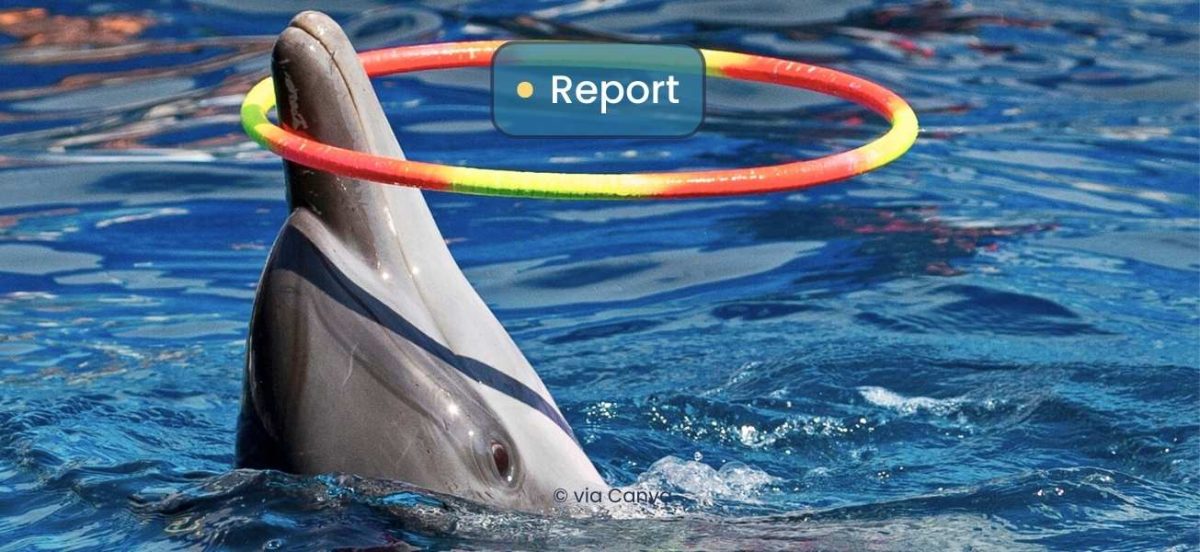Thailand’s Role in the Global Dolphin Trade: The Need for Legislative Action
Since 2010, Thailand has imported 89 bottlenose dolphins from Japan, placing them in marine parks where they perform for tourists. Despite Thailand’s reputation as a premier travel destination, its endorsement of dolphinariums underscores an urgent need for reform.
Read the full report here
The Connection Between Taiji and Thailand
The dolphin trade in Thailand is closely linked to the annual Taiji hunts in Japan, where dolphins are either slaughtered for meat or sold into captivity. The high value of live dolphins sustains this brutal industry. With Thailand being a key importer, banning the trade could significantly weaken the economic viability of the hunts.
Four major dolphinariums currently operate in Thailand:
- Safari World in Bangkok
- Oasis Sea World in Chanthaburi
- Nemo Dolphins Bay Phuket
- Pattaya Dolphinarium
These venues claim to educate visitors about marine life but instead exploit dolphins for entertainment. Captive environments restrict natural behaviors, causing distress and health issues.
Legal Loopholes Enabling Dolphin Imports
Thailand’s wildlife laws provide some protection for animals but fail to regulate how they are sourced. The Wild Animal Conservation and Protection Act (2019) and the Department of Fisheries’ regulations require licensing but do not prohibit the import of wild-caught dolphins. The Cruelty Prevention and Welfare of Animal Act (2014) defines cruelty but does not extend protections to animals captured abroad. These legal gaps allow dolphinariums to continue sourcing dolphins from inhumane hunts.
The Case for a Legislative Ban
A ban on dolphin imports would curb demand, align Thailand with international animal welfare commitments, and promote ethical wildlife education. It would also support the country’s move toward sustainable tourism, reinforcing its image as a responsible travel destination. While loopholes persist, there is momentum for change. Strengthening existing laws, advocating for policy amendments, and increasing public awareness can push Thailand to take decisive action against the exploitation of dolphins.
A Call for Ethical Tourism
Tourists play a crucial role in shaping industry practices. Avoiding dolphin shows, sharing awareness, and urging the Tourism Authority of Thailand to stop promoting dolphinariums can help shift perceptions. Ending dolphin captivity would not only improve animal welfare but also position Thailand as a leader in ethical tourism. The time to act is now.
Support our work here
